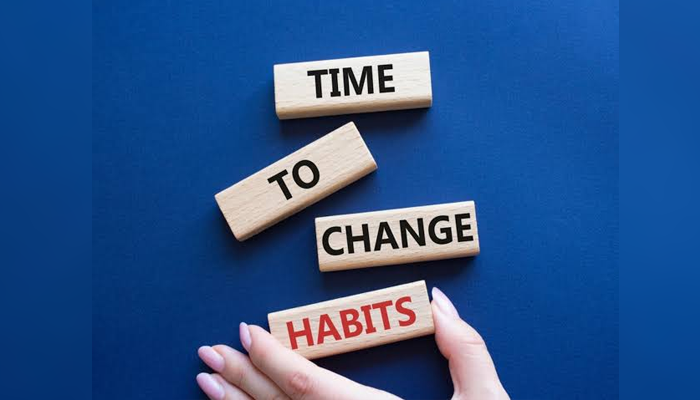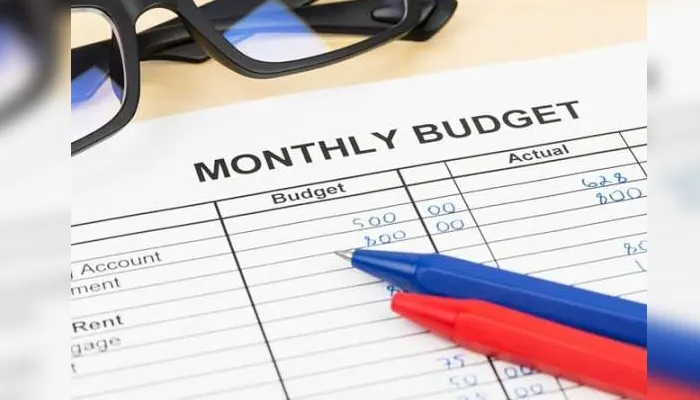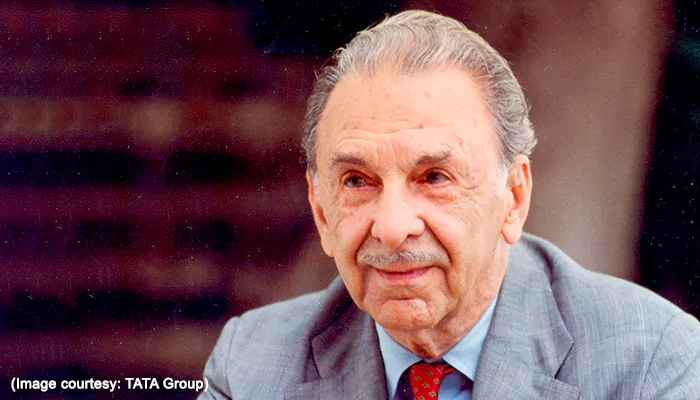
Discover the top business headlines that are trending across the world today!
Ola Electric Shares Dip Below IPO Price Amid Mounting Service Issues and Declining Market Cap

Ola Electric's shares fell by 3.5% on Tuesday, dropping below the IPO price of Rs 76 for the first time since its August 9 debut, reaching an intraday low of Rs 74.84 on the NSE before closing at Rs 76.64. Initially, Ola Electric had a moderate listing, opening at Rs 76, but quickly surged to a high of Rs 157.40 on August 20 as investor optimism around electric vehicles boosted the stock.
Since then, however, the stock has steadily declined due to mounting service issues, regulatory scrutiny, and weakening monthly sales and market share, leading to a nearly 50% drop in market capitalization to Rs 33,804.60 crore. HSBC, the first global brokerage to cover Ola Electric, recently cut its target price from Rs 140 to Rs 110, citing slower-than-anticipated EV adoption rates and ongoing service challenges, noting that EV penetration, which had shown progress, has now stalled around 6%.
Google’s New Local Ads Policy Requires Verification: Small Businesses Urged to Act by November 21

Google is updating its Local Services ads, a change that could impact millions of small businesses. Currently used by local businesses to advertise at the top of Google search results, these ads will, as of November 21, only be available to businesses with a verified Google Business Profile.
This update affects businesses in Europe, the Middle East, Africa, and selected regions in the U.S. and Canada, aiming to reduce fraud. However, it could unintentionally impact legitimate businesses that aren’t aware of or haven't completed the verification. If a business's name or address in its profile doesn’t match the ad information, the ad will be paused.
To get verified, business owners must claim their business address on Google and confirm it via phone, email, text, or video. The verification process varies by business type and can take up to seven business days.
RBI Likely to Cut Interest Rates in December to Boost Economic Growth Amid Easing Inflation

India's central bank is expected to lower its key interest rate by 0.25 percentage points to 6.25% in December to support economic growth, according to a recent Reuters poll of economists. Although inflation spiked unexpectedly to 5.49% in September, it is forecast to ease to an average of 4.9% by year-end and 4.6% early next year, giving the Reserve Bank of India (RBI) some flexibility to adjust rates.
The RBI has maintained rates at a high level for 10 consecutive meetings, with Governor Shaktikanta Das expressing confidence in the balance between inflation and growth. While India's growth rate is projected to moderate slightly from last year’s 8.2% to 6.9% this year, the RBI’s medium-term inflation target of 4% remains unlikely until 2026. The poll indicates that a slim majority expect another rate cut in February, with no consensus for additional cuts before mid-2024.
Ambani’s Reliance Retail Enters Quick-Commerce Race with 10-30 Minute Deliveries, Setting Stage for $100 Billion IPO

Asia’s richest man, Mukesh Ambani, is transforming Reliance’s retail operations by adopting a quick-commerce model, inspired by India’s leading grocery delivery startups. Traditionally focused on same-day or next-day deliveries, Reliance Retail now aims for a faster 10-30 minute delivery window.
With companies like Swiggy, Zepto, and Zomato reshaping Indian shopping habits by offering ultra-fast deliveries, Ambani’s Reliance plans to leverage its vast network of 3,000 supermarkets across 1,150 cities. Small, dedicated teams will manage deliveries from kiosks within these stores, as observed in several Mumbai outlets where the service recently launched.
According to a Datum survey, 36% of Indian quick-commerce users have reduced supermarket visits, and 46% shop less at local stores. Ambani’s strategy for sustainable, slightly longer delivery times aims to build loyalty as Reliance Retail prepares for a major IPO, valued at $100 billion, with investors like KKR onboard.












